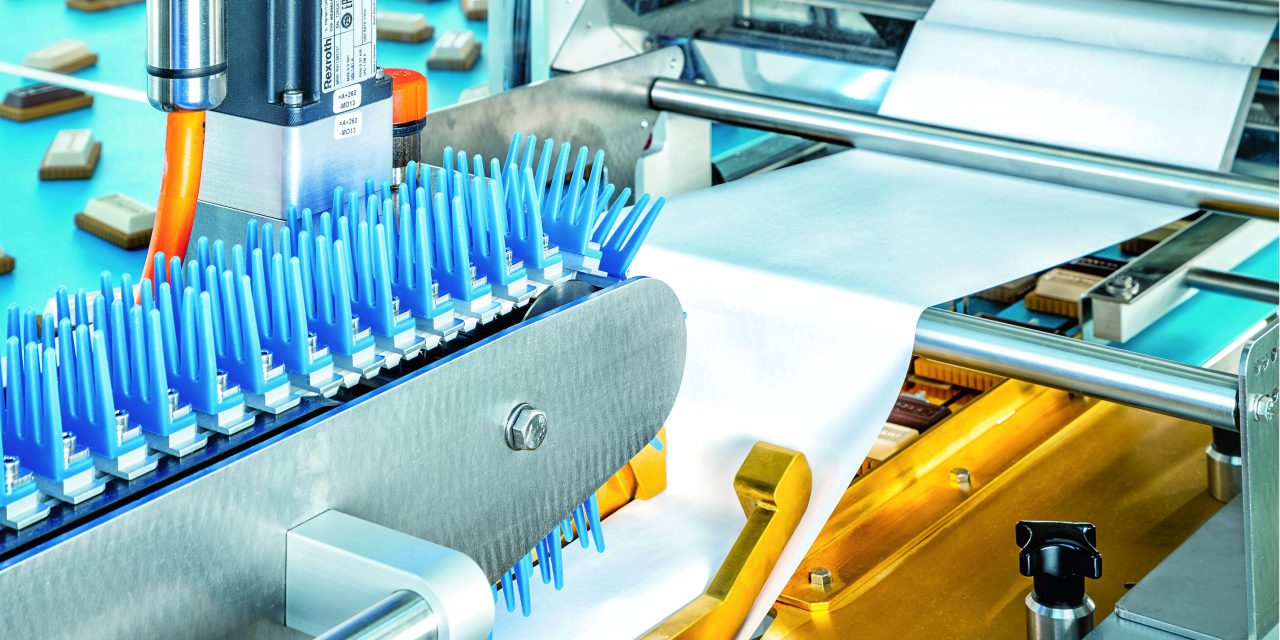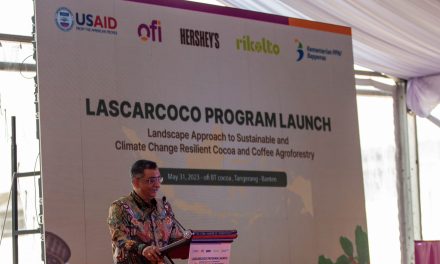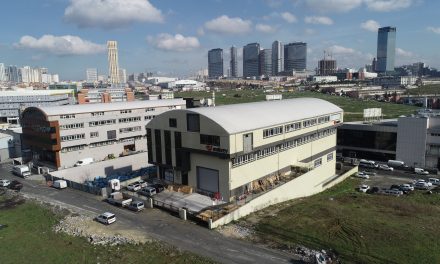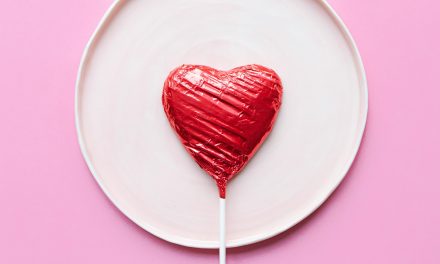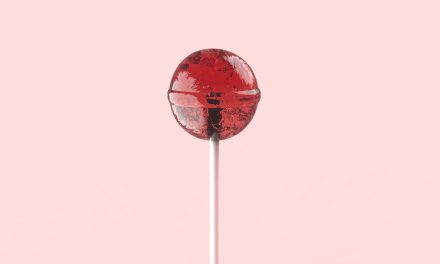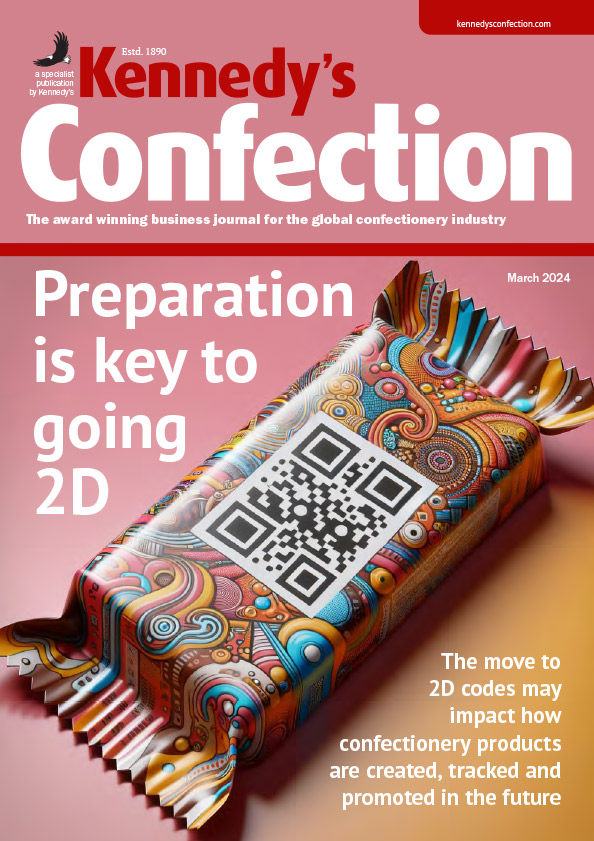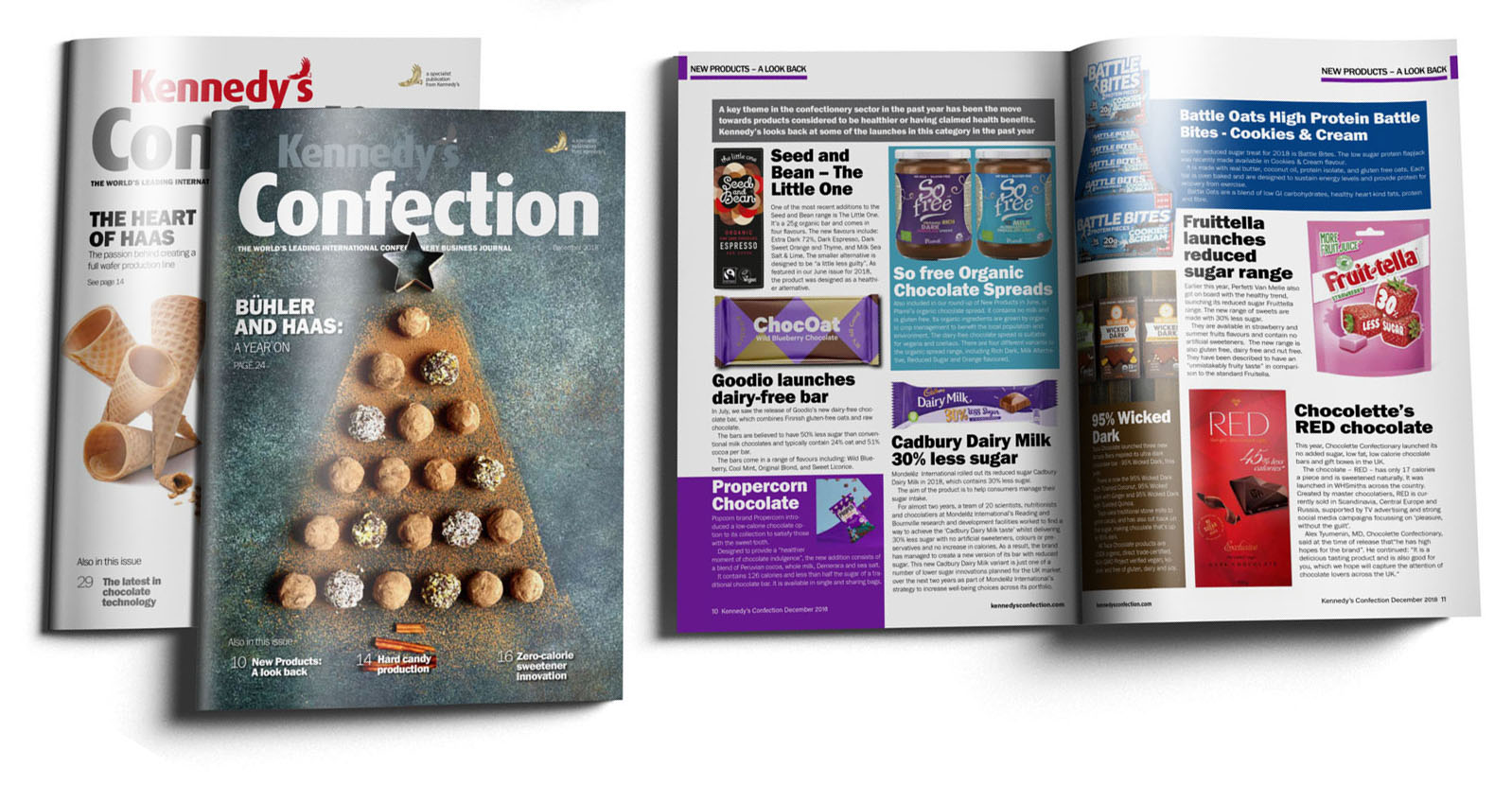Paper-based, made of glass or biodegradable? There are many different opinions on what constitutes sustainable packaging. But one thing is certain: The pressure on manufacturers and users is growing. So how can consumer demands be met while satisfying recyclers? Gerhard Schubert GmbH, the packaging machinery manufacturer from Crailsheim, offers packaging design and development as one of its services. Sustainability is taken into account just as much as product safety and efficient handling.
Fully recyclable, biodegradable, made of 100% recycled material, produced from bio-based raw materials – today, the sustainability of packaging is advertised with many formulations. Users are responding to the high expectations of consumers in the B2C market. But what exactly do the individual references to the packaging properties mean? Is biodegradable plastic film really better than conventional? How does the life cycle assessment of fibre-based composites compare to pure plastic packaging? And isn’t everything incinerated in the end anyway?
When shopping, many consumers are unsure of what choice will keep their environmental footprint lean. And they are not alone – many manufacturers or users of packaging feel the same way. As a result, packaging is still entering the market that, although well-intentioned, is more harmful to the environment than beneficial. Ultimately, the ones who bear the brunt are the disposal companies: What cannot be separated well or only has a small share in the collection of recyclable materials cannot be recycled. The recycling cycle then misses out on the material and recyclers lose their margin. For non-recyclable materials, the only option is thermal recycling – a euphemism for the waste incineration plant.
“We do not see designing for recycling as a hurdle, but rather as an integral part of the development process. After all, smaller wall thicknesses or tighter boxes have a positive impact not only ecologically but also economically,” Valentin Köhler, Packaging Developer at Schubert.
Furthermore, when it comes to product protection, Schubert customers can depend on the reliability and flexibility of the systems from Crailsheim – even with flowpack films, where the tightness and barrier functions of some, cannot normally be easily achieved. In Schubert’s flow-wrapping machines, a variable sealing system ensures a reliable solution. The technology combines the ultrasonic method for longitudinal sealing and the flying cross-sealing unit which ensures the sealing time can be adjusted exactly to a constant value. The advantage is that both longitudinal and cross sealing processes work very gently and are suitable not only for heat-sensitive products but also for sustainable films.
Finding the most sustainable solution is not always easy, whether we’re talking about plastic or paper, metal or glass, composites or indeed materials that are currently unknown – no packaging can cover all needs equally and always offer the highest sustainability. With its high-performance, flexible equipment and application-oriented development capabilities, Schubert offers packaging design that ensures its customers’ future viability while setting industry-wide standards in terms of sustainability. “Our goal is to always meet ecological and economic demands in equal measure,” says Valentin.
“Quite simply because when both are in harmony, that’s always the most sustainable solution.”
You can find more information here: https://www.schubert.group/en/sustainability.html

